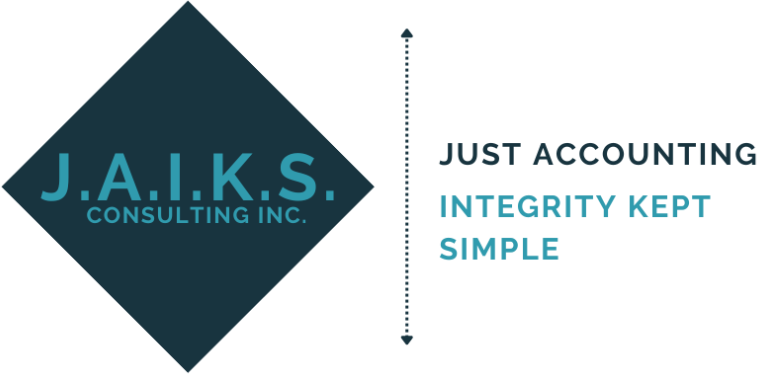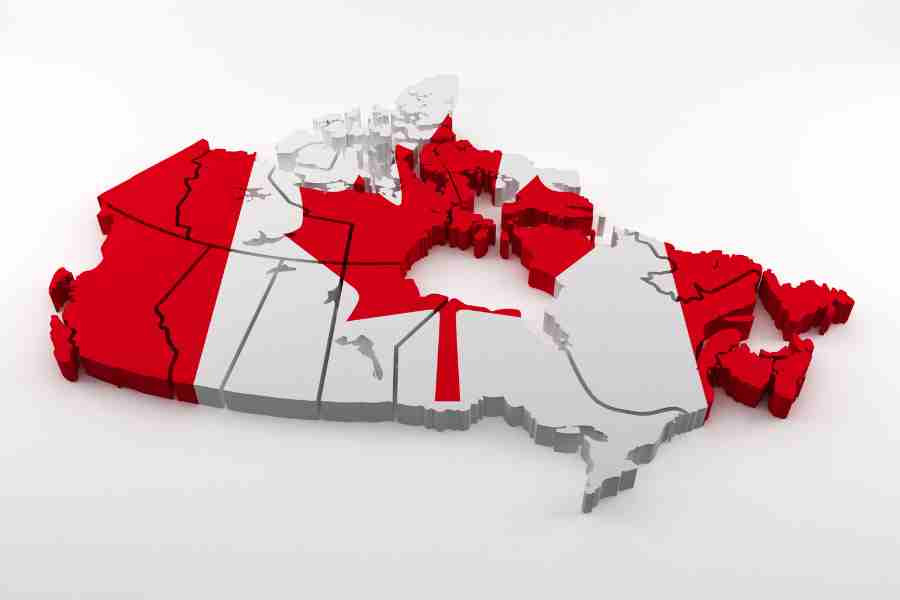J.A.I.K.S. BLOG
Welcome to J.A.I.K.S. Blog, a place where we will provide you with a variety of resources on accounting, taxation and other related subjects suited for both individuals and/or their businesses.
We hope you can find the answers to your questions and/or curiosities, and always know we are here to help if you need more.
Follow us on Facebook or find us on LinkedIn - we are always eager to give you more!
Disclaimer:
The content provided in this blog is for general informational purposes only and is not intended as professional accounting, tax, or financial advice. While efforts are made to ensure the accuracy and timeliness of the content, errors or omissions may occur. The content does not constitute a client-advisor relationship. Readers should consult with a Chartered Professional Accountants or other financial professional for advice tailored to their specific needs. We are not liable for any actions one might take based on the information provided in this blog.
If you are self-employed, you may claim automotive expenses while conducting business. If you use your car for personal and business travel, only expenses for business can be deducted. If you use it exclusively for business, you can expense all costs.
When preparing your taxes, a deduction that is often overlooked is carrying charges and interest expenses. These charges are costs you incur to earn income from an investment, but only expenses for non-registered accounts will qualify.
When considering a fuel-efficient vehicle such as a hybrid, or an alternative fuel model you should know that the Canadian Government, as well as some provinces, provide rebates.
Effective record-keeping is crucial for the success of any small business. Proper records not only help you track your financial performance but also ensure compliance with tax regulations and provide valuable insights for making informed business decisions. Here are some best practices for record-keeping in a small business:
For small businesses in Canada, simplicity and efficiency are key when choosing an accounting procedure.
The Canada Small Business Financing Program (CSBFP) is a federal initiative that helps small businesses obtain financing to start, expand, modernize, or improve their operations. Administered by Innovation, Science and Economic Development Canada (ISED), the program encourages lending institutions to provide loans to small businesses by sharing the risk with the government.
Contact Us
Our Office
J.A.I.K.S. Consulting
Based in New Westminster, BC
Proudly Serving BC and ON
Phone: (778) 792 3282






